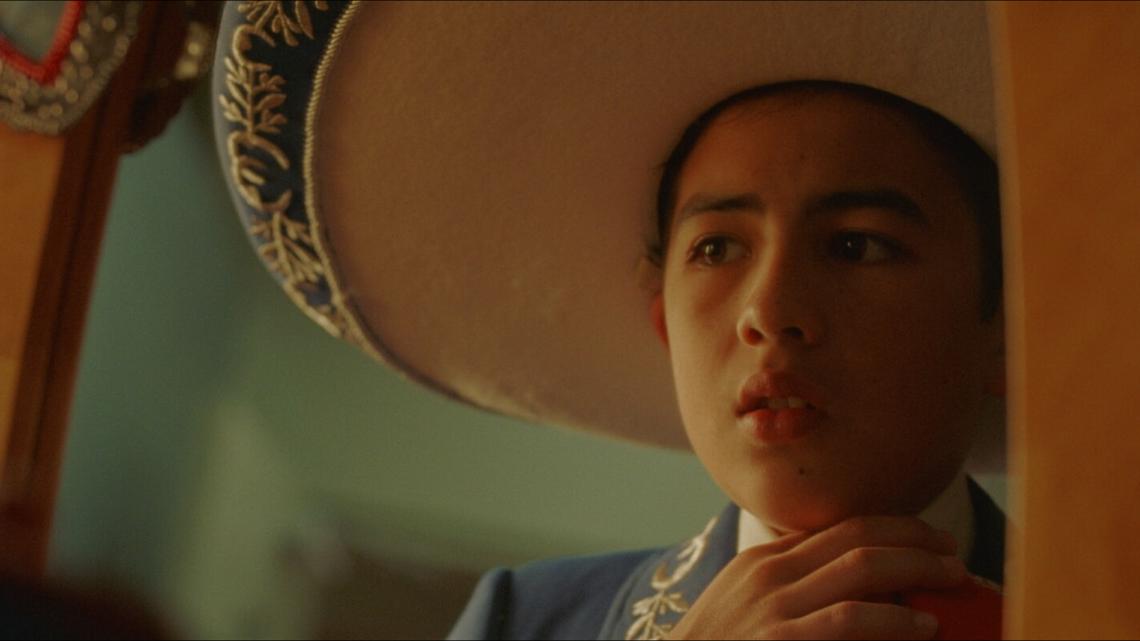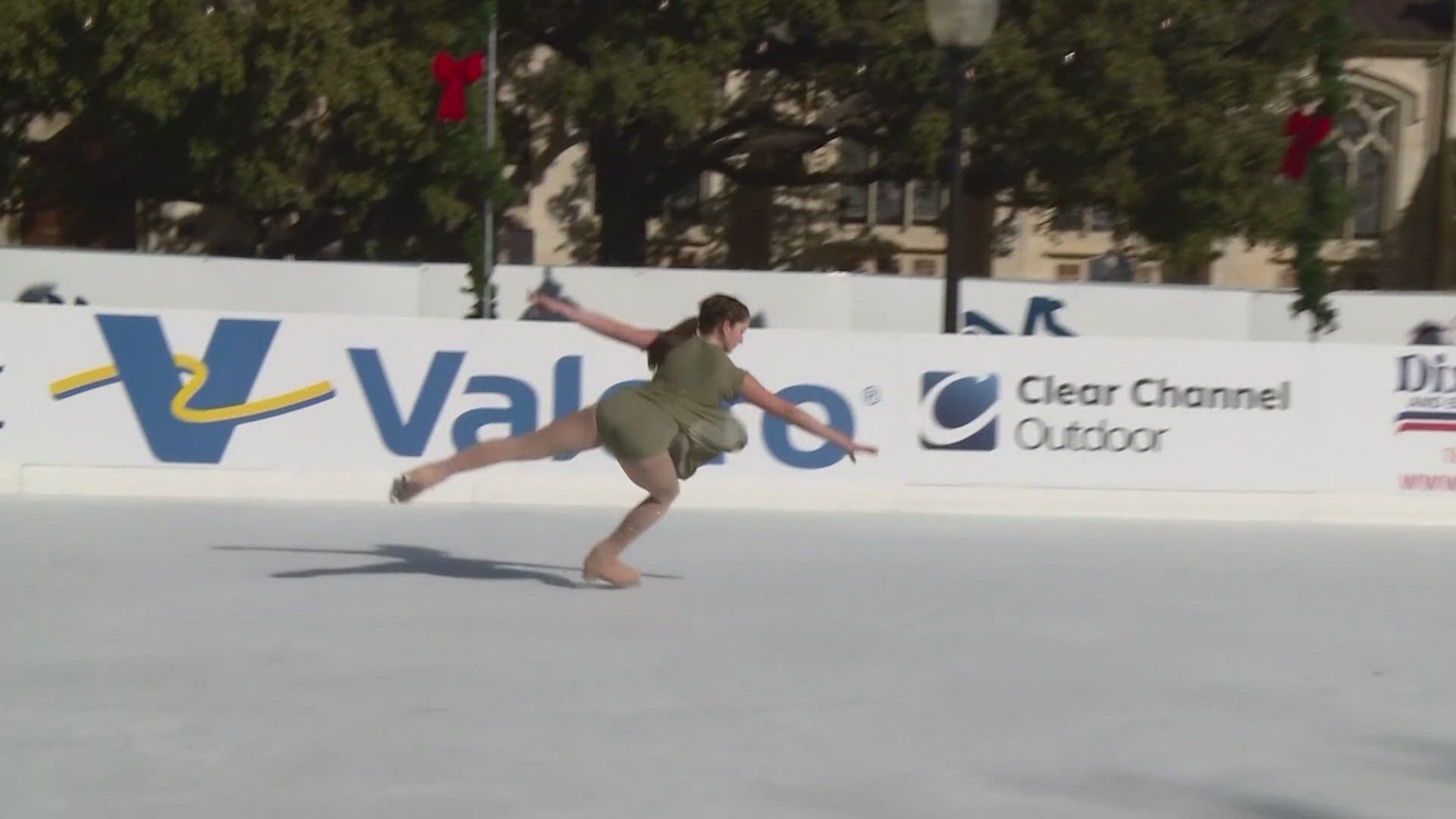SAN ANTONIO — When the films selected to screen as part of this week's CineFestival – which touts itself as the longest-running Latino-centric film festival in the country – play in front of audiences, they won't be seated at the event's longtime west-side home.
With the Historic Guadalupe Theater in the midst of major renovations expected to last at least several more months, it'll be curtains up at a different venue for the first time in at least a few decades. Two venues, in fact, which organizers say combine for roughly the same size as the 300-seat Guadalupe.
"We're effectively dividing everything, including our capacity," said Festival Director Eugenio Del Bosque. "But for a transitional year like this, I think those things are OK. Of course, selling out is a good problem for us to have."
The Alamo Drafthouse Park North and Carver Community Cultural Center are hosting screenings of 106 movies, including nine features, for this year's festival. Kicking of Thursday and running through Sunday, the 45th edition of CineFestival will spread its locally curated footprint to the east and north sides.
Wit the Guadalupe unavailable, Del Bosque and his team took into account the technical capabilities of different venues and his team's ability to adapt. While the Alamo Drafthouse location features the ability to screen movies in crisp 4K resolution, all screenings at the Carver will be free.
"We know it's an opportunity to reach out to new audiences, and we're doing a couple of different things marketing-wise to be able to reach out to those audiences."


Del Bosque said the hope is that CineFestival's wider spotlight will draw in others who haven't checked it out before, thus garnering more attention for filmmakers in San Antonio and elsewhere in Texas—an element that has always been a priority.
The festival is starting off with a strong Alamo City presence, with all but one of Thursday's movie showcases being locally produced. Visitors will have the opportunity to catch blocks of shorts films featuring San Antonio voices before finishing the night with a screening of "Tamale Season," about the struggles faced by a family-owned tamale shop, at the Alamo Drafthouse.
"Some parts of the festival can be very serious, talking about different issues in the community, so something a little more lighthearted is something we're always looking for," Del Bosque said. "I think 'Tamale Season' is a good fit for that.'"


If CineFestival's focus continues to be lifting up the local film community, the number of those who want to participate reflects that community's size. According to Del Bosque, the team received nearly 250 submissions this year, about a fifth of which came from San Antonio filmmakers. Audiences will also have the chance to meet filmmakers of several films in the festival's "Estrenos" lineup, among them "The In Between," a documentary marketed as a "playful dance" between the personal and collective at the border, and the U.S. premiere of "M20: Matamoros Ejido 20," about Matamoros residents who take to dance to rupture stereotypes.
One of the headlining screening will be a 30th anniversary showing of "...and the Earth Did Now Swallow Him," a story of migrant life as told through the eyes of 12-year-old Marcos directed by west-side native Severo Perez.
As with years past, the majority of films screening as part of CineFestival are short films. That, Del Bosque says, accomplishes two things: Caters to modern audiences who might have shorter attention spans and gives a platform to artists making movies that don't get distribution as easily as feature-length works.
In a time when Latinos continue to be underrepresented in major movies despite having the highest per-capita consumption, Del Bosque says he's still waiting for Latino voices to break through the glut of Hollywood machinery in a major way.
"The best we can do at CineFestival is keep a very close eye on the local and Texas-based filmmakers," he said. "Something like 'Blood In, Blood Out,' everyone talks about it. It's such an iconic thing. I just don't know if the industry allows for that to happen anymore."
At the same time, he remains optimistic about the power that local curated and locally produced festivals like CineFestival have in sharing new perspectives.
"Hopefully filmmakers feel the same way about CineFestival," he said, "just for the fact we can get together once a year, watch things together, have an audience and be able to talk to each other."
Festival passes for CineFestival cost $45, with individual tickets also available here.
>MORE LOCAL NEWS:
>TRENDING ON KENS 5 YOUTUBE:



